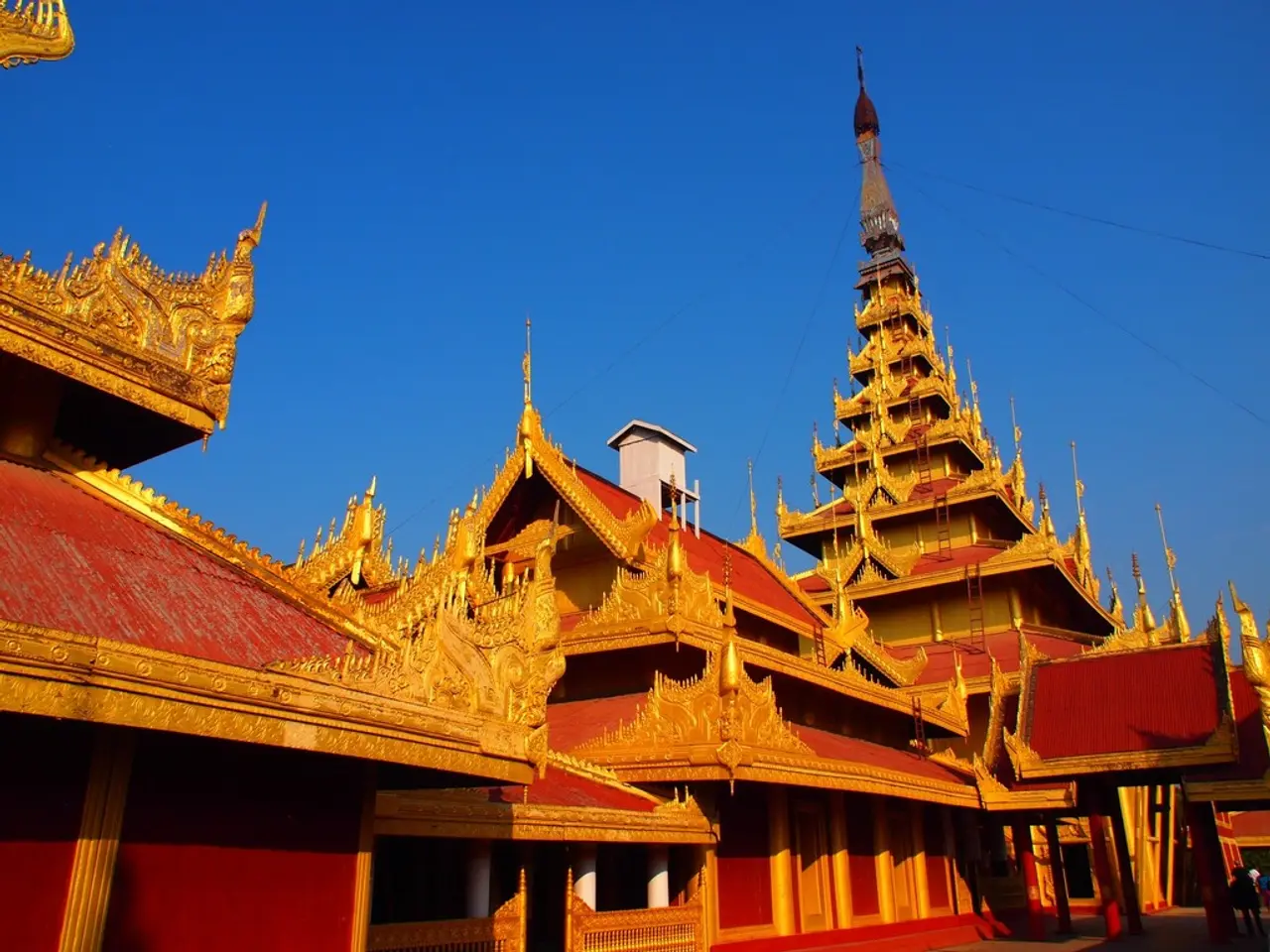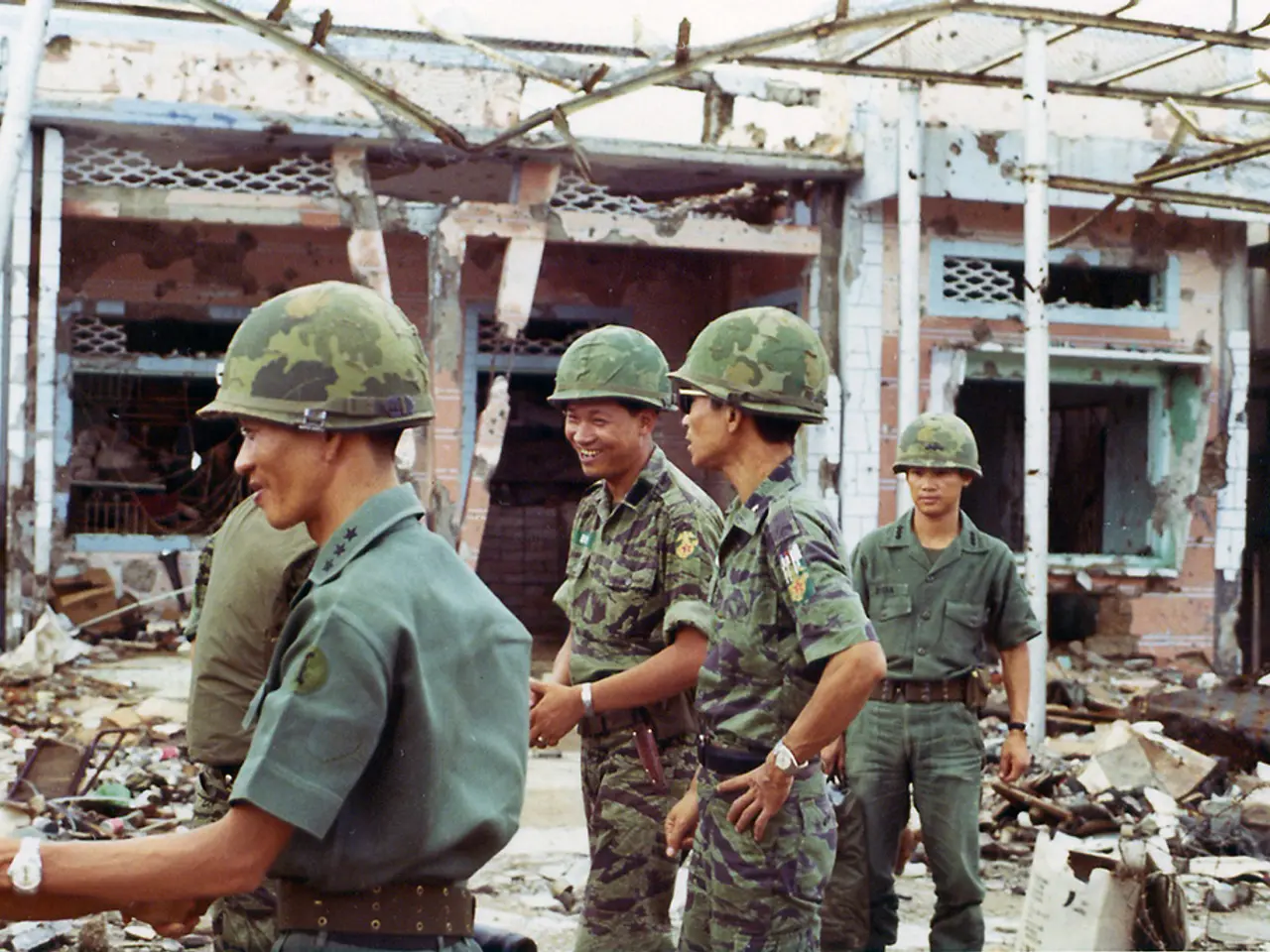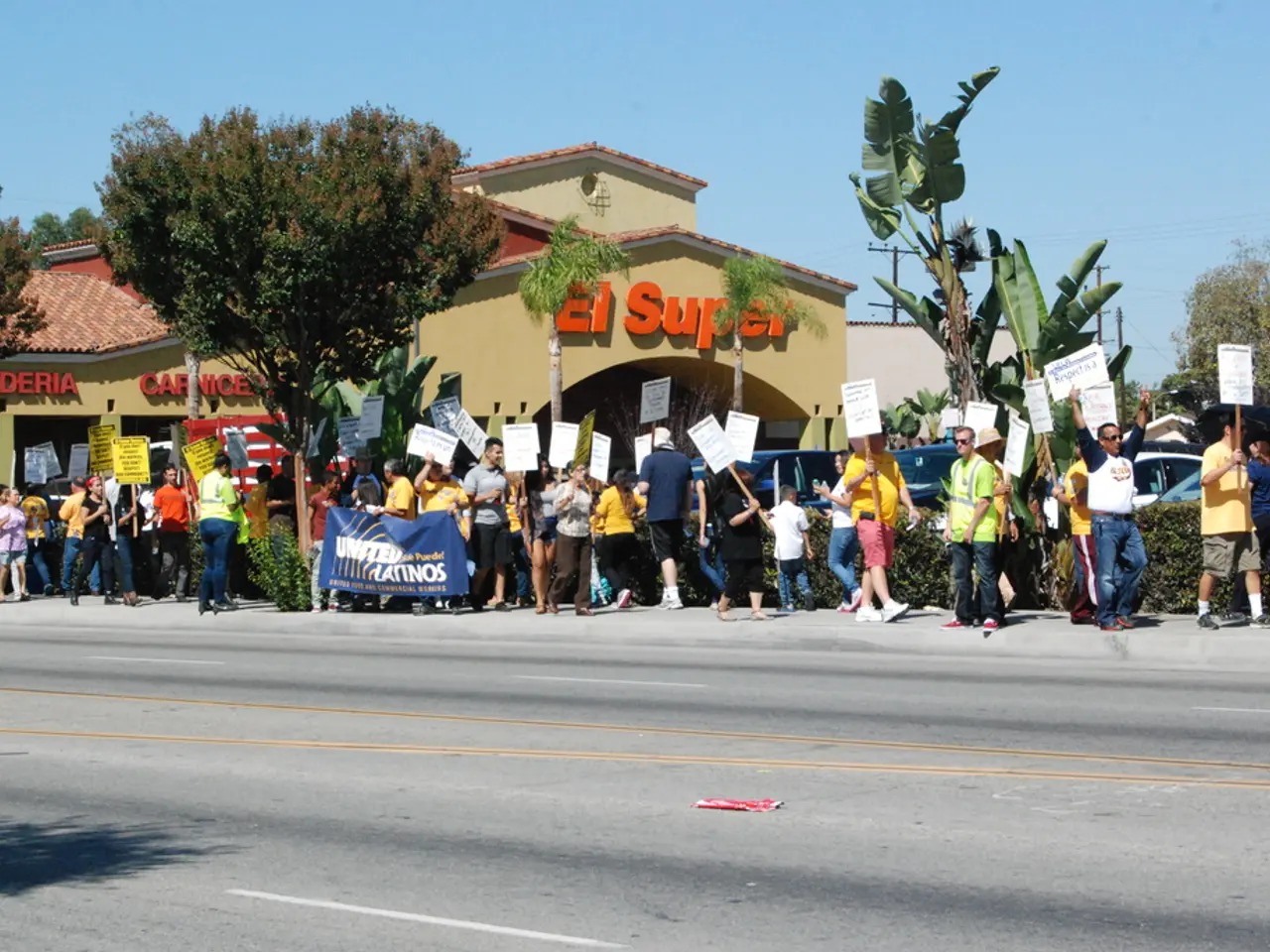Tensions along the Bangladesh-Myanmar border put Bangladeshi fishermen at risk of kidnapping.
In the border town of Teknaf, Bangladesh, fisherman Mohammad Siddiqui earns a living from the Naf River, which separates Bangladesh from Myanmar. However, his life, along with many other fishermen in the region, has been disrupted by the Arakan Army (AA), a rebel group based in Myanmar.
Over the past several months, the AA has been accused of kidnapping, harassing, and subjecting fishermen to arbitrary shootings, torture, and inhumane treatment. In May, a group of AA fighters abducted Siddiqui and two other fishermen, Mohammad Hussain and Robiul Hassan. During their imprisonment, some AA members got drunk and beat the fishermen.
Reports of such abductions have become relatively common. The AA controls 14 of Rakhine state's 17 townships and Paletwa Township in neighboring Chin State, making it the de facto ruler of Rakhine and a formidable force in the region. The AA also captured Maungdaw Township in Rakhine state in December.
To address this growing issue, Bangladeshi authorities have initiated informal discussions with the AA since December 2024, aiming to maintain the country's interests and foster dialogue to improve cross-border security. Khandakar Tahmid Rejwan, an analyst at the Centre for Alternatives, suggests that Dhaka should engage with the AA to ensure the safety of its people along the border. He recommends involving think tanks, civil society members, and local administrative representatives to build mutual understanding with the AA and mitigate such security threats.
Border Guard Bangladesh has also been involved in rescuing abducted fishermen. In February 2025, they successfully rescued around 15 captured fishermen. The interim government of Bangladesh defends this engagement with the AA, stating it is a "necessity" in the country's interest.
The lifting of the fishing ban in Bangladesh's part of the Naf River, imposed in August 2017 due to the Rohingya crisis, brought relief to fishermen. However, the presence of the Arakan Army (AA) across Bangladesh's maritime border with Myanmar has made them nervous and scared. Mohammad Hussain and Robiul Hassan, fishermen who were abducted by the AA in May, express fear for their safety while fishing due to the AA's presence.
As the situation along the Naf River continues to evolve, both Bangladesh and Myanmar will need to work together to ensure the safety and security of their citizens and maintain peaceful relations between the two nations.
[1] Bangladesh News 24, "Bangladesh Engages in Informal Talks with Arakan Army to Ensure Safety of Fishermen," December 2024. [2] The Daily Star, "Experts Recommend Involvement of Think Tanks and Civil Society in Dialogue with Arakan Army," January 2025. [3] The Financial Express, "Border Guard Bangladesh Rescues 15 Captured Fishermen," February 2025. [4] The Dhaka Tribune, "Dhaka Defends Engagement with Arakan Army as a 'Necessity' in Country's Interest," March 2025.
- The government of Bangladesh has been in informal talks with the Arakan Army (AA) since December 2024 to address the growing issue of abductions and ensure the safety of fishermen in the border town of Teknaf.
- Khandakar Tahmid Rejwan, an analyst at the Centre for Alternatives, suggested that Bangladesh should engage with the AA by involving think tanks, civil society members, and local administrative representatives to build mutual understanding.
- Border Guard Bangladesh has been actively involved in rescuing abducted fishermen, as evidenced by the successful rescue of around 15 captured fishermen in February 2025.
- The interim government of Bangladesh defends its engagement with the AA as a "necessity" in the country's interest, while international media outlets have reported on the situation in the general-news, crime-and-justice, and sports sections.
- Despite the lifting of the fishing ban in the Naf River in 2017, fishermen like Mohammad Hussain and Robiul Hassan, who were abducted by the AA in May, continue to express fear for their safety while fishing due to the AA's presence, highlighting the ongoing conflict and its impact on society and politics in the region.








